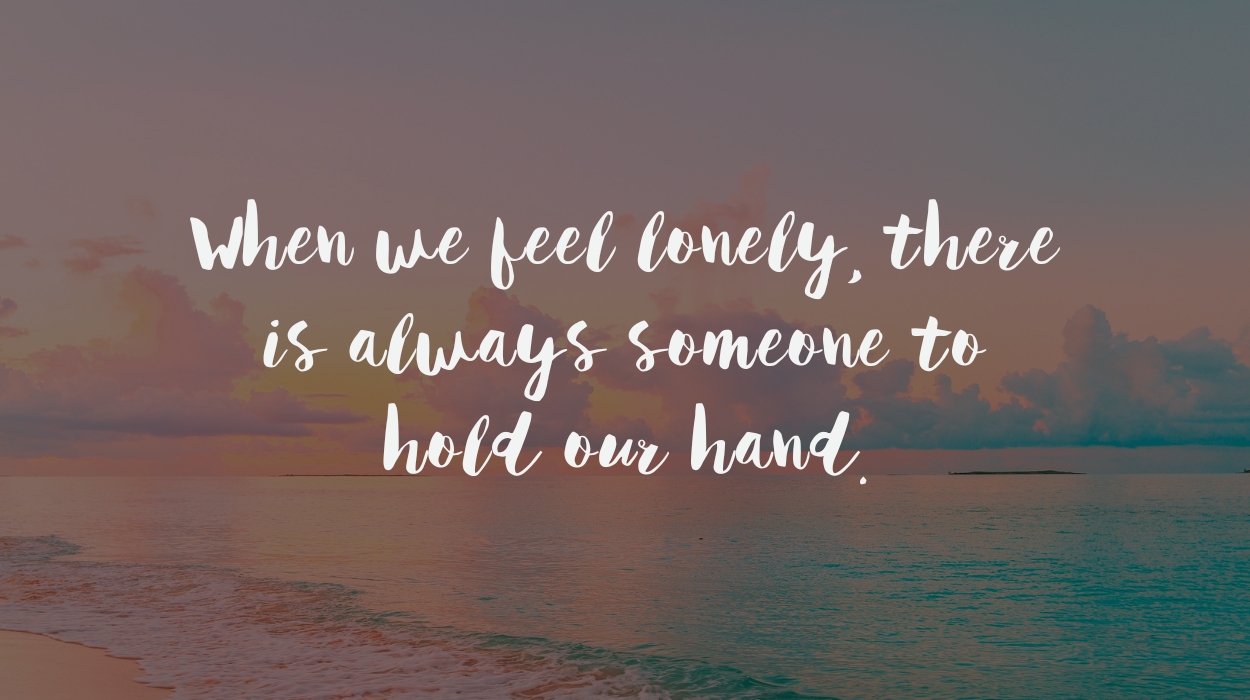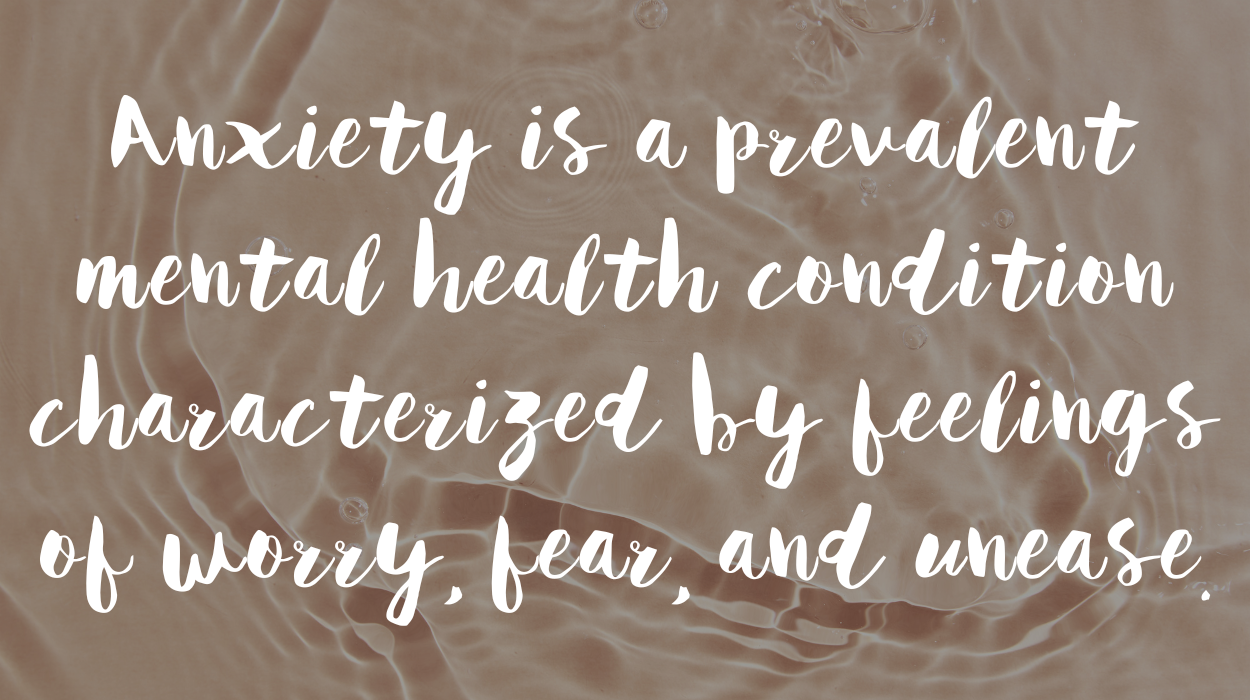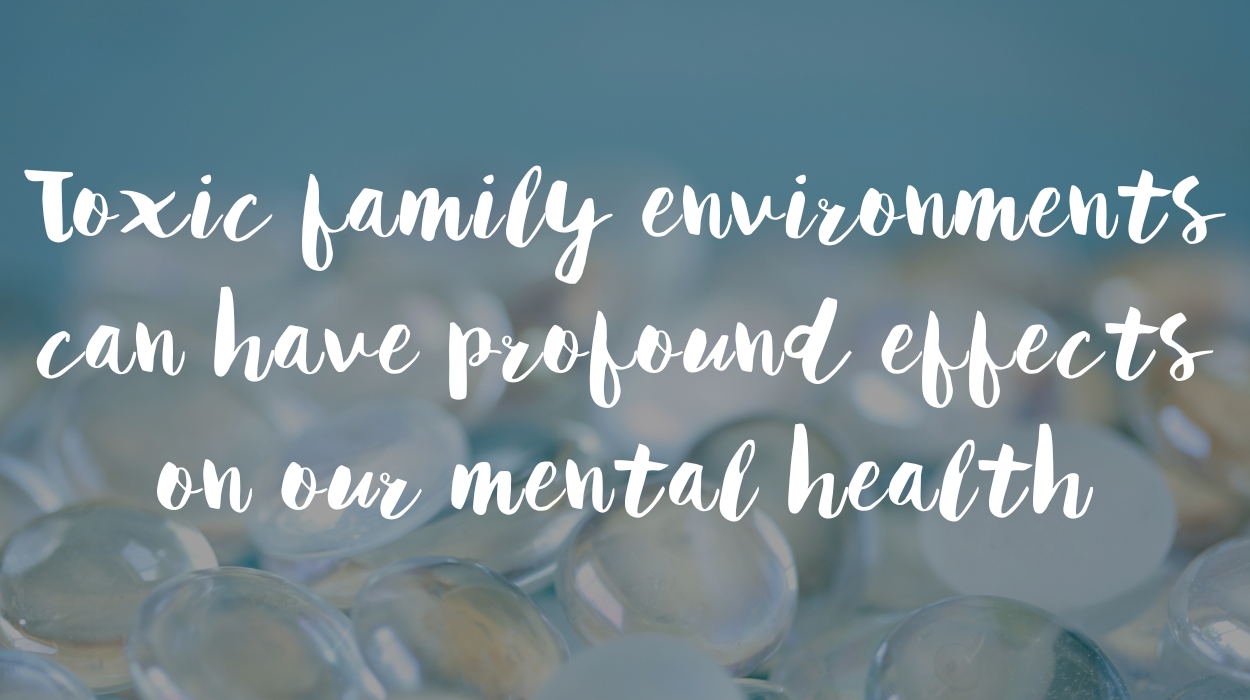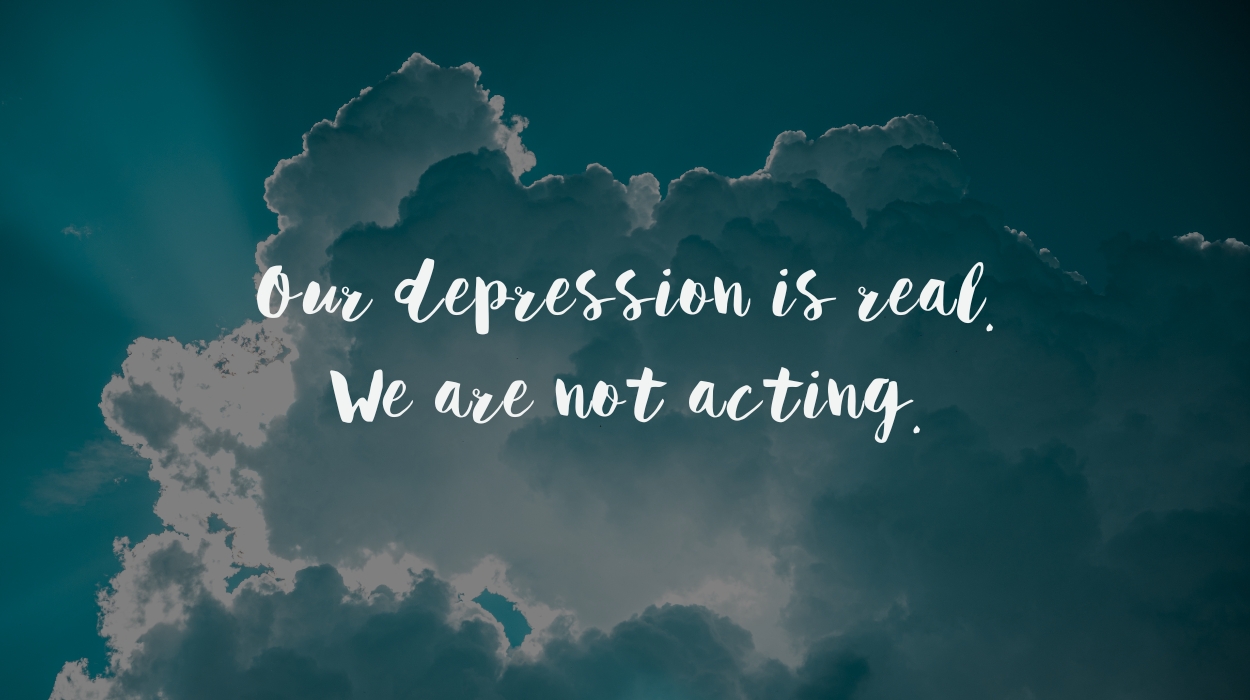Social anxiety is often misunderstood. Just because we find socialising difficult and daunting, it doesn’t mean that we are content living our lives as a social hermit. It is entirely possible to feel like we don’t have the energy to leave the house, that we cannot face other people, and still really want to spend time with and around others.
We would love to be able to say ‘hello’ to the checkout person at our local supermarket, but weaving our way through crowded streets, around a bustling supermarket, and now to the till almost feels enough to topple us. It can feel a bit like we’re a walking paradox, with a lot of conflicting and confusing feelings.
What can we do to alleviate our social anxiety and feelings of loneliness?
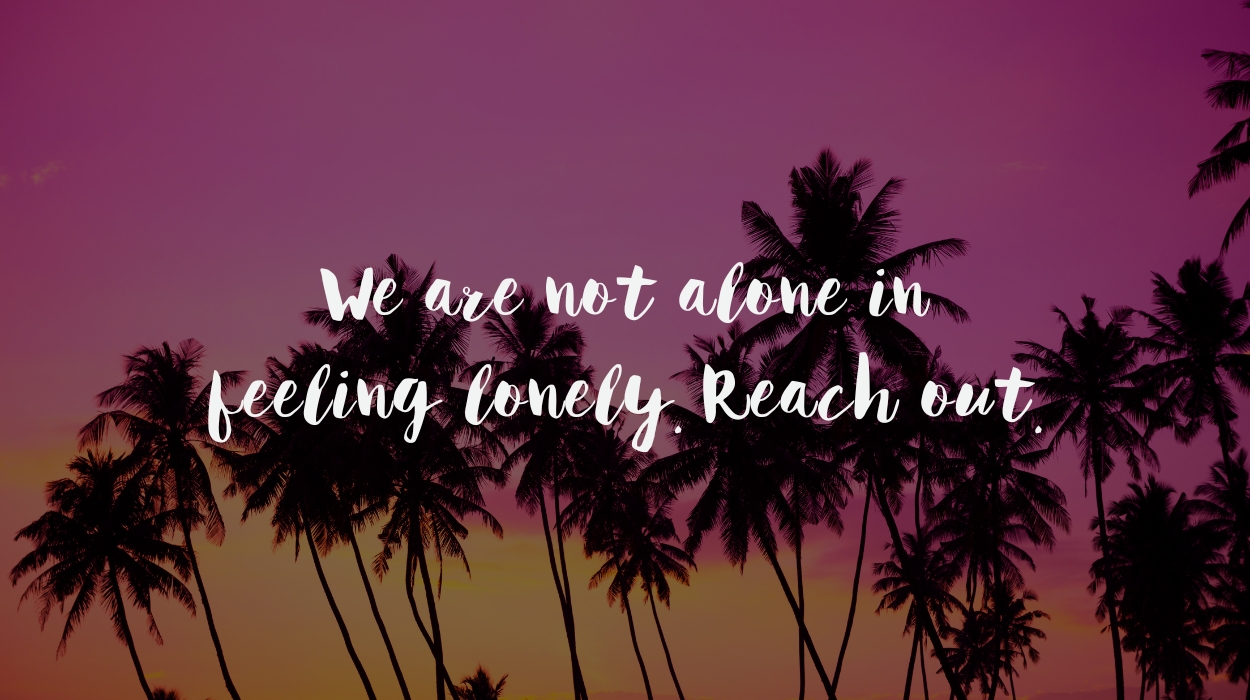
We can reach out to someone we feel comfortable around
When we are socially anxious, yet struggling with feelings of loneliness, it can help to reach out to people we are most comfortable with for support and company. We might find it useful to let the person know in advance how we are feeling so that they understand if we appear on edge or uncomfortable. We could also give ourselves a time limit to help us manage our anxiety and energy levels.
Sometimes it can be helpful to note how we feel after the people we spend time with. Social interactions can be particularly draining if we’re with someone we aren’t able to be completely ourselves around. When our energy reserves are already running low, spending time with those who tend to take up a lot of our energy can exhaust and deplete us further. Choosing to be in the company of people we feel completely comfortable with can help alleviate feelings of loneliness without causing our anxiety to spike.
We can get involved in a group that doesn’t require a lot of social engagement

If we are struggling with loneliness, then it may help to be around other people, even if our engagement with them is minimal. If we work from home, we could try taking our laptop to a local cafe or coffee shop. This way, we are pushing our boundaries a little by being in a social setting, but the familiarity of work can provide us with focus and comfort.
If there is a local group that we’re interested in, perhaps we could invite a friend or family member to attend with us, so we don’t have to face going alone. There are options out there to cater to a variety of interests. If we are interested in sports there are plenty of sports clubs that would love some new members, and the community wings of clubs won’t put pressure on us to be there every week. A class such as yoga will typically involve following a teacher as a group. This setting could work well for us, as these types of classes don’t usually require us to interact a lot with others, but following the teacher’s guidance as a group can allow us to feel connected to those around us.
It may be more creative activities that engage us. We could look into knitting, photography, pottery or painting classes available locally to us. There may be a book club or some classes in our local community college or libraries if we would like to listen and learn without having to interact too much.
It can feel daunting to enter these rooms for the first time, but remember, if we get nothing out of it, or find it too much, we don’t need to go back, or at least we don’t need to go back the next week. We can always try again when we are feeling less anxious.
We can seek professional help to support us through our social anxiety
If our social anxiety is so overwhelming that it is impacting our relationships, limiting our experiences and affecting our quality of life, then seeking professional help can make a difference. Contacting our local mental health charity or seeking support from our GP can be a helpful first step. It may be that counselling or medication (or both) is offered. If this is what we need to get beyond social anxiety and address our feelings of loneliness, then this might be a great option for us. It is worth having a conversation with a local health provider to explore what options are available to us.
Therapy can be particularly useful when dealing with social anxiety. If we are not already aware of why we are socially anxious, a trained professional can help us identify potential reasons. Once we have a clearer understanding of the reasons behind our social anxiety, we can begin to address the root causes. Our social anxiety may have formed due to a history of bullying, an isolated upbringing, family conflict or an early traumatic event, for example.
They may recommend Cognitive Behavioural Therapy (CBT) to help us with our anxiety. CBT can feel like a daunting process at the beginning, but it has proven to be very medically beneficial for people suffering from social anxiety. When we are feeling socially anxious, we often convince ourselves that something bad is going to happen if we socially interact. CBT aims to place us as safely as possible into the scenarios we are anxious about.
The idea is that repetition will enable us to see that our worst fears are not or are very unlikely to happen. Our therapist may come with us on these initial trips to provide this additional safety mechanism for us, or advise us to take someone along with us at the beginning. They will likely work with us to prepare us for how we should respond if a difficult social interaction arises so that we feel prepared in advance. The safety mechanisms will be removed slowly as we progress.
We are not alone when we feel lonely with social anxiety, and we can get better
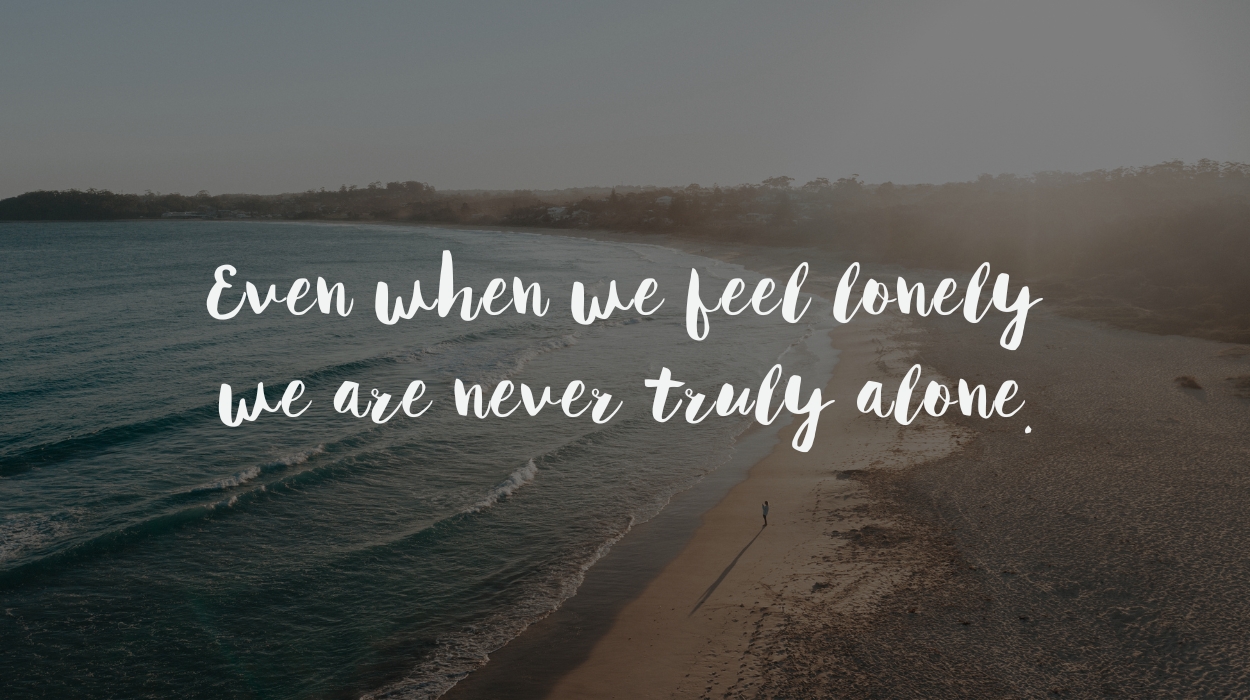
When our anxiety is completely overwhelming, it is important to take things slowly. We can have a habit of wanting to rush into something thinking it will help us get better faster, or we may do this because we feel guilty or ashamed of our anxieties. This can have the opposite effect of what we intended. Support from a trained professional is very important when we are finding social anxiety debilitating to make sure we respond in a safe and proactive way.
Social anxiety can feel extremely lonely, but please know that you are not alone. Feeling like we are the only people who are struggling with social interaction can feel isolating because we feel that no one understands. It can help to confide in someone we trust. When these feelings are completely debilitating, it is so important that we reach out for professional help to ensure we get the right support. We won’t always feel like this when we put the right supports in place for ourselves. We don’t need to feel ashamed or anxious about reaching out for help. We are worthy of the support we need to help us overcome social anxiety.
For further reading, MIND has an article on loneliness. This article has some excellent tips for us on how to address our loneliness, as well as a list of useful contacts. Dr Joanna Griffin has also written a brilliant blog on social anxiety and loneliness for the British Association of Counselling and Psychotherapy (BACP).
Please help us to help others and share this post, you never know who might need it.
 Resources
Resources
- Mind. Loneliness. 2019, www.mind.org.uk/media-a/3124/loneliness-2019.pdf.
- Bacp.co.uk. (2022). Social anxiety and loneliness. [online] Available at: https://www.bacp.co.uk/news/news-from-bacp/blogs/2022/9-may-social-anxiety-and-loneliness/.



